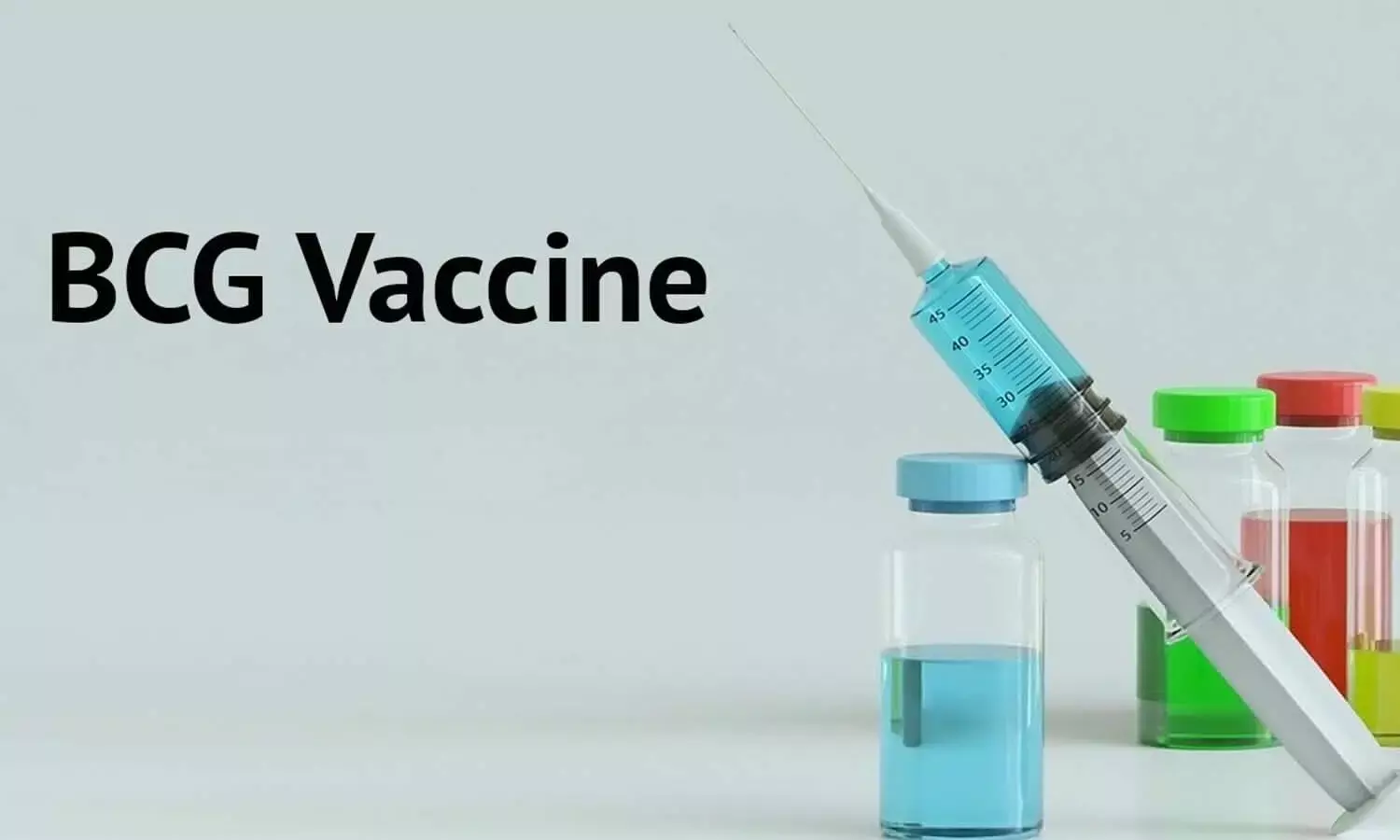- Home
- Medical news & Guidelines
- Anesthesiology
- Cardiology and CTVS
- Critical Care
- Dentistry
- Dermatology
- Diabetes and Endocrinology
- ENT
- Gastroenterology
- Medicine
- Nephrology
- Neurology
- Obstretics-Gynaecology
- Oncology
- Ophthalmology
- Orthopaedics
- Pediatrics-Neonatology
- Psychiatry
- Pulmonology
- Radiology
- Surgery
- Urology
- Laboratory Medicine
- Diet
- Nursing
- Paramedical
- Physiotherapy
- Health news
- Fact Check
- Bone Health Fact Check
- Brain Health Fact Check
- Cancer Related Fact Check
- Child Care Fact Check
- Dental and oral health fact check
- Diabetes and metabolic health fact check
- Diet and Nutrition Fact Check
- Eye and ENT Care Fact Check
- Fitness fact check
- Gut health fact check
- Heart health fact check
- Kidney health fact check
- Medical education fact check
- Men's health fact check
- Respiratory fact check
- Skin and hair care fact check
- Vaccine and Immunization fact check
- Women's health fact check
- AYUSH
- State News
- Andaman and Nicobar Islands
- Andhra Pradesh
- Arunachal Pradesh
- Assam
- Bihar
- Chandigarh
- Chattisgarh
- Dadra and Nagar Haveli
- Daman and Diu
- Delhi
- Goa
- Gujarat
- Haryana
- Himachal Pradesh
- Jammu & Kashmir
- Jharkhand
- Karnataka
- Kerala
- Ladakh
- Lakshadweep
- Madhya Pradesh
- Maharashtra
- Manipur
- Meghalaya
- Mizoram
- Nagaland
- Odisha
- Puducherry
- Punjab
- Rajasthan
- Sikkim
- Tamil Nadu
- Telangana
- Tripura
- Uttar Pradesh
- Uttrakhand
- West Bengal
- Medical Education
- Industry
BCG Revaccination Fails to Prevent Sustained Tuberculosis Infection in Adolescents: Phase 2b Trial Finds

South Africa: A new phase 2b clinical trial has found that Bacille Calmette-Guérin (BCG) revaccination does not offer protection against sustained Mycobacterium tuberculosis (TB) infection in adolescents. The study, conducted by Dr. Alexander C. Schmidt and colleagues from the Gates Medical Research Institute, was published in the New England Journal of Medicine and aimed to assess whether BCG revaccination could reduce the risk of sustained TB infection in a population previously testing negative for TB and HIV.
This latest investigation was prompted by earlier findings suggesting that while BCG revaccination may not prevent primary TB infection, it could reduce the risk of persistent infections. To further explore this potential benefit, researchers carried out a double-blind, randomized, placebo-controlled trial involving 1,836 adolescents between the ages of 10 and 18 years in South Africa. Participants were HIV-negative and tested negative on the QuantiFERON-TB Gold (QFT) test at the start of the study.
Participants were randomly assigned to receive either the BCG vaccine or a placebo and were monitored over a median follow-up period of 30 months. The primary objective was to assess the rate of sustained QFT test conversion, defined as an initial positive QFT result confirmed by two additional positive results at three and six months.
Based on the study, the researchers reported the following findings:
- There was a sustained QFT conversion in 62 participants in the BCG revaccination group and 59 participants in the placebo group.
- The hazard ratio for sustained infection between the two groups was 1.04, with a vaccine efficacy estimate of –3.8%, indicating no protective benefit from BCG revaccination.
- Adverse events occurred more frequently in the BCG group, mostly due to localized injection-site reactions such as pain, redness, swelling, and mild ulceration.
- Serious adverse events were rare, reported in only 0.3% of participants in both groups, and none were linked to the vaccine or placebo.
- No deaths or treatment discontinuations occurred during the study.
- BCG revaccination stimulated an immune response, as shown by an increase in cytokine-producing CD4+ T cells.
- Despite the immune response, BCG revaccination did not lead to a reduced risk of tuberculosis infection.
The authors concluded that while the vaccine was generally well tolerated and immunogenic, it did not provide measurable protection against sustained M. tuberculosis infection. They noted that the absence of efficacy in preventing infection casts doubt on the likelihood of BCG revaccination offering disease protection.
These findings emphasize the continued need for novel TB vaccines that are effective in preventing both infection and disease, particularly in high-risk populations such as adolescents in TB-endemic regions.
Reference:
Schmidt AC, Fairlie L, Hellström E, Luabeya Kany Kany A, Middelkoop K, Naidoo K, Nair G, Gela A, Nemes E, Scriba TJ, Cinar A, Frahm N, Mogg R, Kaufman D, Dunne MW, Hatherill M; BCG REVAX Study Team. BCG Revaccination for the Prevention of Mycobacterium tuberculosis Infection. N Engl J Med. 2025 May 8;392(18):1789-1800. doi: 10.1056/NEJMoa2412381. PMID: 40334156; PMCID: PMC12061034.
Dr Kamal Kant Kohli-MBBS, DTCD- a chest specialist with more than 30 years of practice and a flair for writing clinical articles, Dr Kamal Kant Kohli joined Medical Dialogues as a Chief Editor of Medical News. Besides writing articles, as an editor, he proofreads and verifies all the medical content published on Medical Dialogues including those coming from journals, studies,medical conferences,guidelines etc. Email: drkohli@medicaldialogues.in. Contact no. 011-43720751


